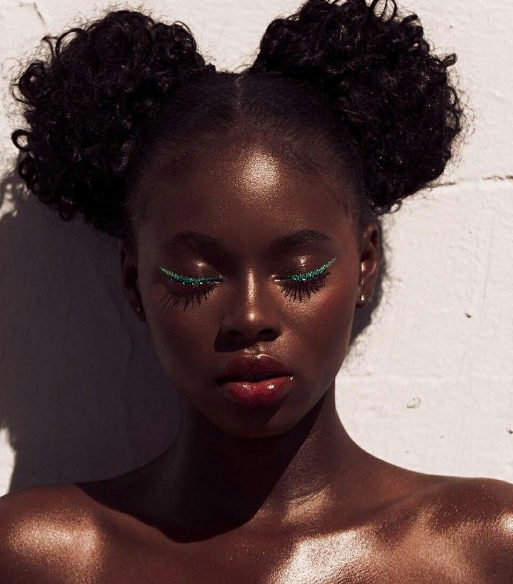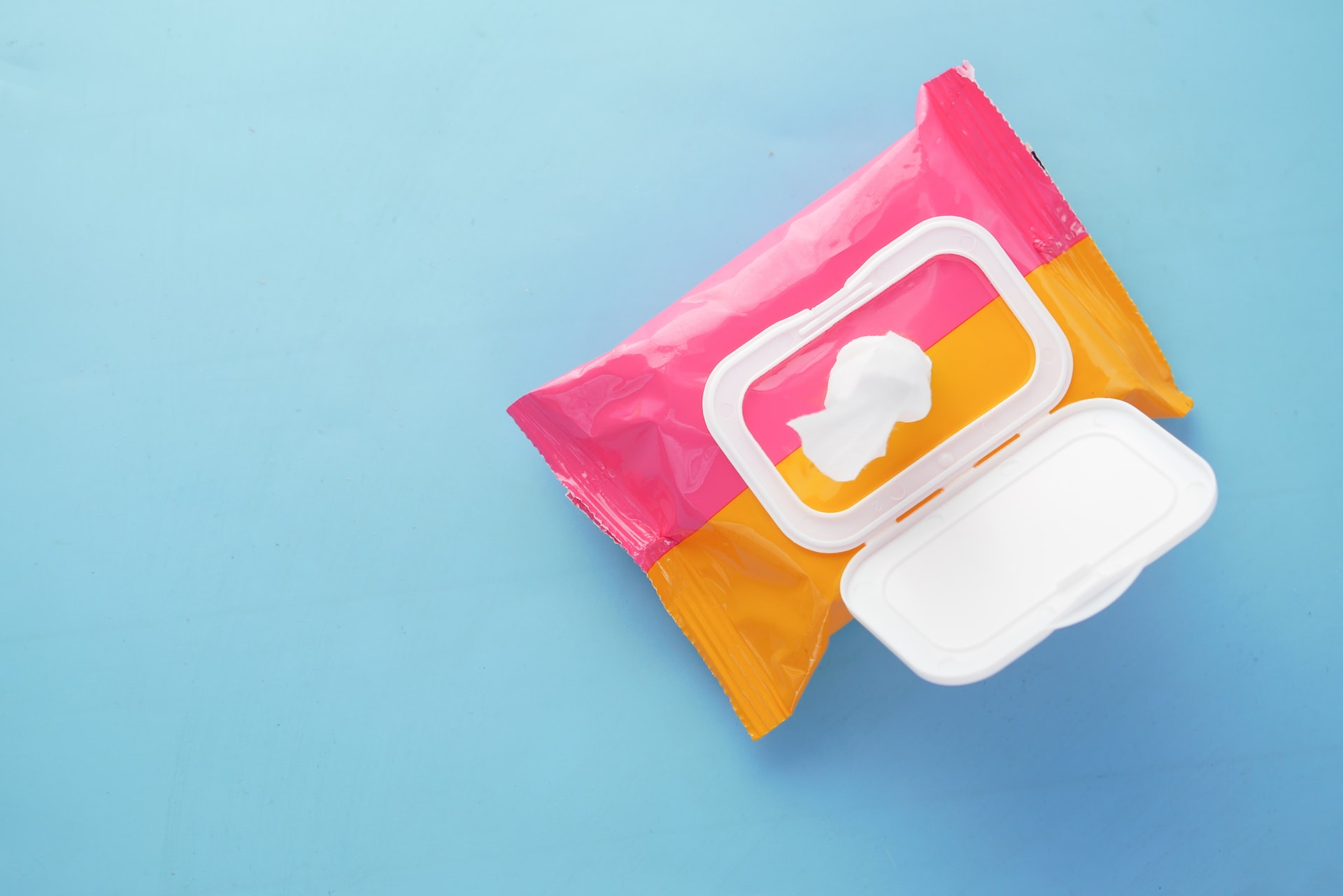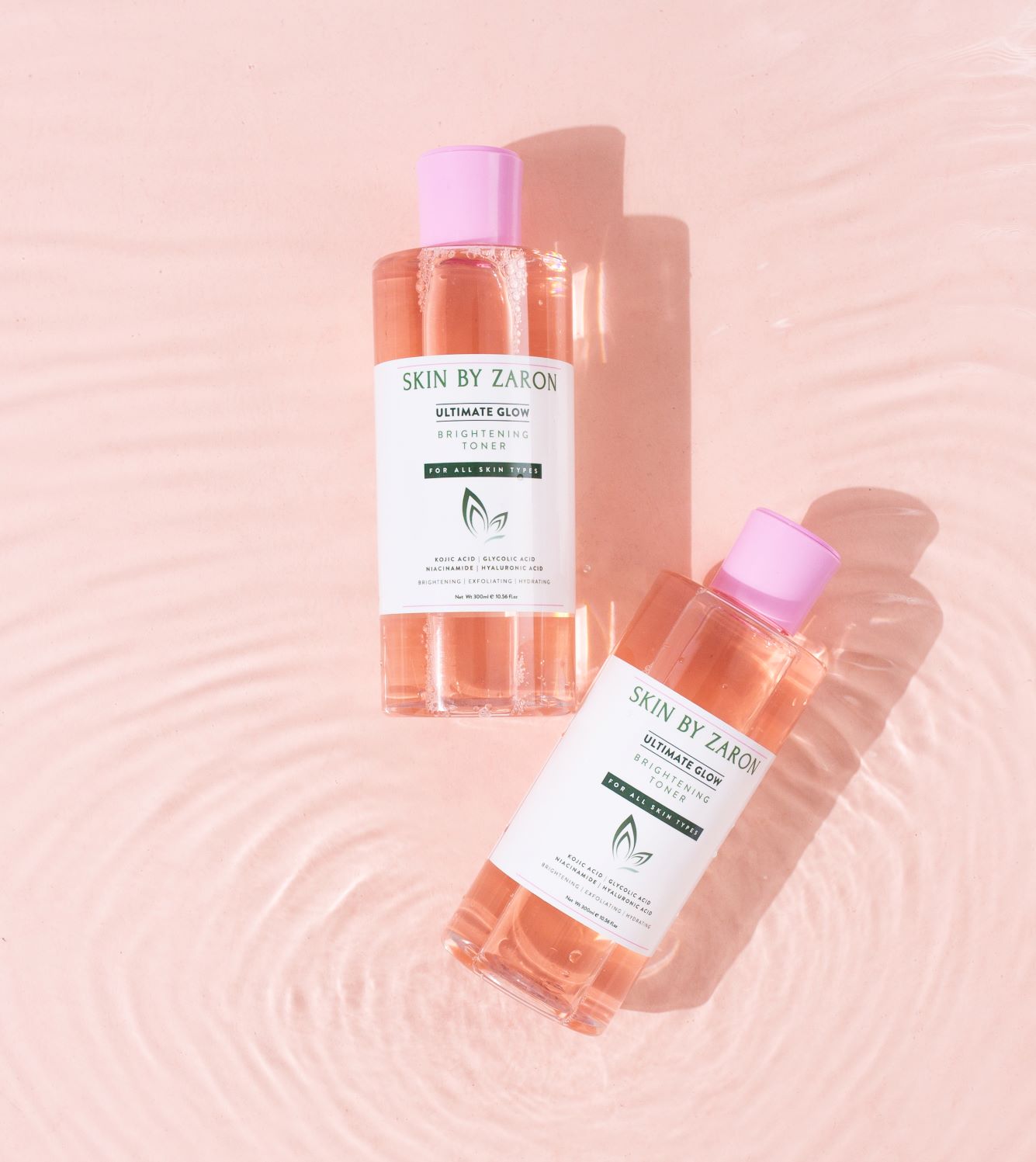
In continuation from part 1 , we are going to delve a little deeper into how exactly these common skin whitening chemicals work. If you missed Part 1, please catch-up here.
Skin whiteners cause significant health risks when used over long periods of time. In Nigeria where skin bleaching products are largely unregulated over-the-counter creams, created with home remedies or a mixture of multiple creams tend to be the norm. This results in scarring and burns due to use of these substandard products which contain hazardous chemicals in harmful quantities. Let’s take a closer look at these chemicals shall we:
Mercury
This is a toxic chemical, easily absorbed into the body but not easily removed because it is a heavy metal. Short-term side effects of mercury in lightening products include rashes and skin discolouration. Long-term exposure has serious health consequences which include kidney, brain and reproductive system damage. All of which may lead to renal failure, depression, problems conceiving and may also interfere with the brain development of an unborn child and young children if used when pregnant or breastfeeding.
Hydroquinone
Hydroquinone is used in film processing, rubber manufacturing and used in some hair dyes. Currently, skin-lightening products with 2 % hydroquinone are sold over-the-counter while products with 4 % hydroquinone can be obtained by a doctor’s prescription but should not be used long term. Common side effects include dermatitis (skin irritation), rashes, excessive redness and dryness of the skin. When used for extended periods hydroquinone can induce a condition known as “ochronosis” where the skin has blue-black darkening in certain areas. Hydroquinone may also increase the risk of complications of thyroid, liver disease and adrenal dysfunction. It is also considered to be cytotoxic (toxic to cells), mutagenic and carcinogenic (cancer-causing).Like other lightning products, it makes skin more susceptible to the sun’s UV rays and in Nigeria may lead to serious sunburn and increased risk of skin cancer. Source: allicanbe
Hydrocortisone

Many skin lightening creams contain steroids, with doses up to 1,000 times higher than in creams used to treat skin conditions. Medical use of steroids is done under strict supervision and the usage minimised to less than 4 weeks due to avoid side effects. However, it is one of the commonest methods of skin bleaching in Nigeria as individual’s use this steroid creams for their skin lightening side effect. Long-term use of steroids leads to thinning of the skin, acne, red permanent stretch marks and increased hair growth. Even worse the steroids act like cortisol a stress hormone which in excess leads to Cushing’s syndrome characterised by a swollen face and abdomen, weight gain, thin skin that bruises easily, stretch marks, high blood pressure, diabetes, osteoporosis and depression. It can also lead to a lack of production of cortisol production since it is provided by the bleaching cream. So stopping use abruptly can lead to illness since the body has ‘’shut off’’ production of the stress hormones. Steroids also slow the process of cell regeneration thus the skin’s natural regenerative process slows down causing the epidermis (outer skin layer) to thin out making it more susceptible to ageing. Thinning skin is more susceptible to physical damage from normal activity, increased susceptibility to sun damage and other problems of pigmentation.
Glutathione
This is seen as the modern alternative to bleaching creams but it is not without its challenges especially when taken intravenously or orally. There is increased risk sun sensitivity and skin cancer because melanin serves as a protection against the UV radiation as well as unwanted side effects on the nervous system. The long-term effects of Glutathione have not been studied as it is only recently become a popular method of skin lightening and may cause significant problems down the road.
Natural Alternatives

Skin lightening agents Although most chemical-based skin lighteners cause serious health concerns, there are some natural lightening ingredients which suppress melanin production but are non-toxic with less, not zero, side effects. Some of these ingredients include arbutin, emblica, liquorice, mulberry extract, kojic acid or Vitamin C.
Although the pursuit of fair skin beauty as a beauty standard continues to plague many cultures, we need to understand the dangers to our health ruined by the pursuit of light skin and end the stigmatisation of dark skin.



